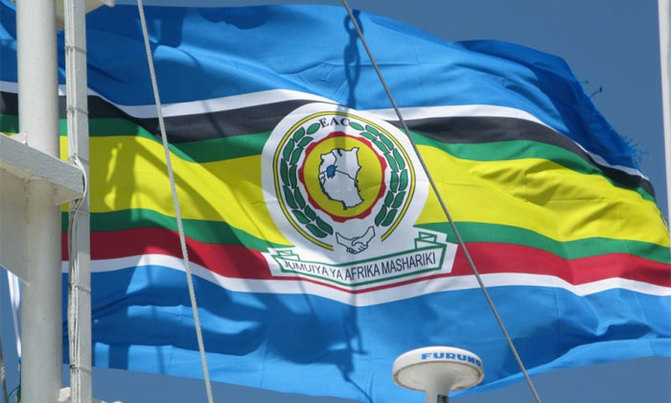Kenya could soon withdraw duties imposed by the East African Community (EAC) after the retraction of the controversial Finance Bill 2024. Experts indicate that Kenya might apply for a stay of application under the EAC Treaty provisions.
John Kalisa, CEO of the East African Business Council, mentioned that Kenya could leverage the treaty to seek a stay of application. A gazette notice dated June 30, signed by Council of Ministers chair Deng Alor Kuol, outlines the approved import duty measures in the EAC common external tariff, affecting partner states.
Kenyan businesses are concerned about the “unintended consequences” of the EAC harmonized tax, which was previously agreed upon by Finance ministers. Kalisa pointed out that this could distort business operations and impact revenues, as Kenya would be applying different rates from other EAC partners.
This marks the second implementation of the four-band CET in the region. The CET aims to promote regional integration by ensuring uniform treatment of goods imported from third parties and protecting local manufacturers from external competition.
Experts suggest that a 35% duty on imported finished products could boost intra-EAC trade by $18.9 million, increase industrial production by 0.04% to $12.1 million, and raise tax revenues by 5.5%.
Let Us Build Your Online Success!
We are the experts in creating visually stunning and functional websites. With reliable hosting and exceptional customer support, we bring your vision to life. Join hundreds of happy clients who trust us!
Get Started Now📞 Call/WhatsApp: +256 207 800 192
President Ruto, in a recent Cabinet meeting, stated that the National Treasury is reorganizing the budget to reflect the new reality, emphasizing austerity measures to ensure key national programs are not affected. However, the Kenya Association of Manufacturers (KAM) warns that reviewing the duty per CET requirements may be challenging.
Anthony Mwangi, KAM CEO, explained that high-level technical discussions are required to grant Kenya the application of a stay on certain items. KAM is gathering data from affected sectors to consolidate a position for the National Treasury and EAC.
The notice imposes a 10% import duty on crude palm oil from outside the EAC, increasing the price of cooking fat and margarine for the next year. Other oils such as refined soybean oil, RDB Palm Olein, sunflower oil, and refined corn oil also face higher taxes.
Kenya and Uganda have opted to stay the application of the EAC CET rate of 0% and apply a 10% duty on crude palm oil for a year. Additionally, baby diapers, television sets, and mobile phones will face increased taxation rates under the new CET rules.
Burundi, Rwanda, Tanzania, and Uganda have received duty remission approvals for raw materials and inputs for garment and textile manufacturing. Tanzania has also applied for a stay of the EAC CET rate of 10%, opting for a 25% duty on polyester/nylon twine for a year to protect its textile industry.
Kenya has sought a stay on the EAC CET rate for rice and iron and steel reinforcement bars, applying different duty rates for one year.
The EAC taxes under the common external tariff (CET) were enforced a week after President William Ruto shelved the contentious Finance Bill 2024, potentially reversing some gains from the bill’s withdrawal.

